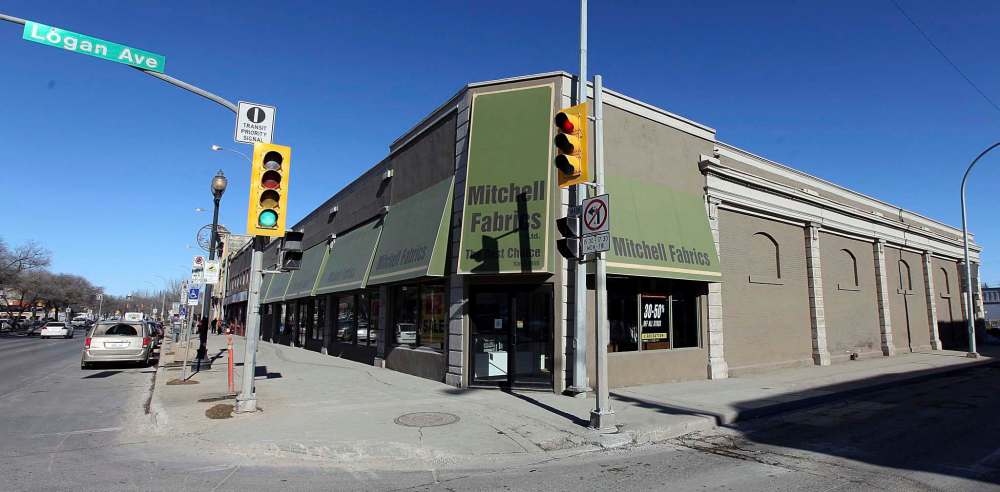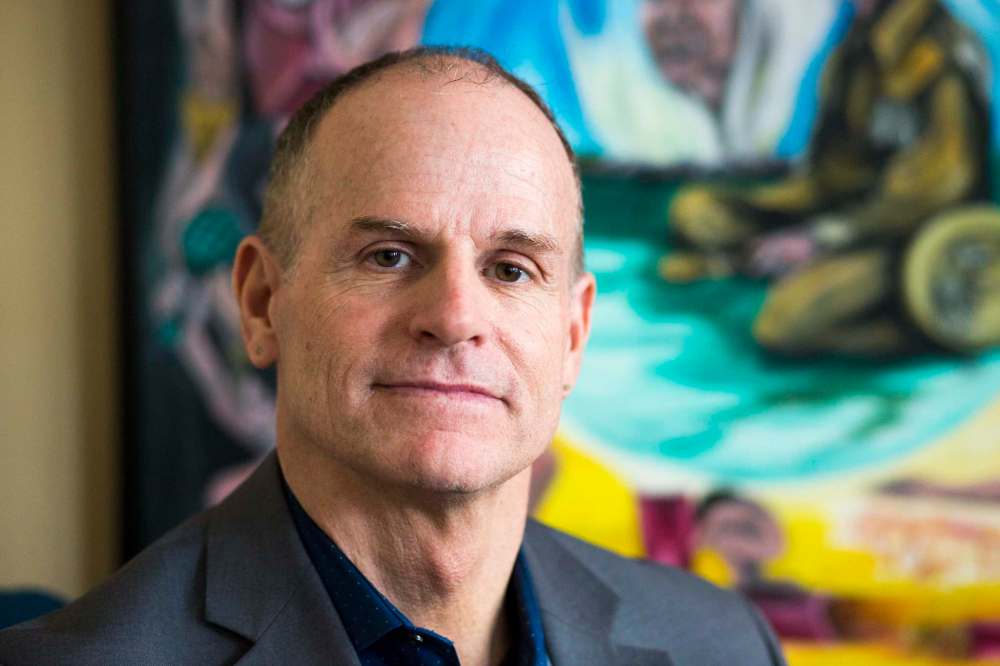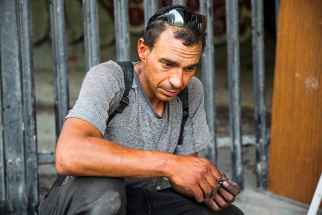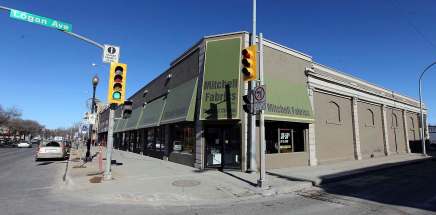Pick up the pace, government — the meth crisis won’t wait
Read this article for free:
or
Already have an account? Log in here »
To continue reading, please subscribe:
Monthly Digital Subscription
$0 for the first 4 weeks*
- Enjoy unlimited reading on winnipegfreepress.com
- Read the E-Edition, our digital replica newspaper
- Access News Break, our award-winning app
- Play interactive puzzles
*No charge for 4 weeks then price increases to the regular rate of $19.00 plus GST every four weeks. Offer available to new and qualified returning subscribers only. Cancel any time.
Monthly Digital Subscription
$4.75/week*
- Enjoy unlimited reading on winnipegfreepress.com
- Read the E-Edition, our digital replica newspaper
- Access News Break, our award-winning app
- Play interactive puzzles
*Billed as $19 plus GST every four weeks. Cancel any time.
To continue reading, please subscribe:
Add Free Press access to your Brandon Sun subscription for only an additional
$1 for the first 4 weeks*
*Your next subscription payment will increase by $1.00 and you will be charged $16.99 plus GST for four weeks. After four weeks, your payment will increase to $23.99 plus GST every four weeks.
Read unlimited articles for free today:
or
Already have an account? Log in here »
Hey there, time traveller!
This article was published 02/08/2019 (2321 days ago), so information in it may no longer be current.
New government funding for Main Street Project’s proposed downtown 36,000-square-foot facility is a good first step to combat Winnipeg’s methamphetamine crisis.
But more needs to be done. Far more. And much faster.
The not-for-profit shelter is developing a new site at the former Mitchell Fabrics building at Main Street and Logan Avenue. It will be 17 times the size of its current facility, and will be open 24-7. The new centre will have 150 beds, showers and many other amenities — a far cry from the mats on the floor the organization currently offers.

More importantly, where addictions programming is concerned, it will offer extended stays for those in need. It will connect people with longer-term treatment options and will be a place for people to return to if they relapse.
“Today, our shelter opens at 7 p.m., people come in, they line up in the old draconian style, and then at seven in the morning, we kick them out and we start all over again,” executive director Rick Lees said in an interview. “We feed them, we provide them with limited showers and some place to sleep, but we don’t do much more.”
Recent studies, including a tri-level report on addictions released earlier this summer, point to a lack of continuity in treatment and programming for those struggling with addictions. People addicted to meth, for example, are often picked up by police or other first responders and usually have nowhere to get help beyond short-term stays at hospital emergency departments or shelters.
The Main-Logan facility will be the first of its kind in Winnipeg, and will offer stays of up to seven days.
“This now will enable us to provide all of those extra supports, and I think will help redirect people away from urgent care and policing,” said Lees. “During that time, we’ll be able to offer them mental health supports, primary health care supports, and all the other things that we really don’t offer today.”
The problem is, governments are moving at a snail’s pace to help get this facility up and running.
The building was purchased last year, and the plan was to be fully operational by the end of 2019. They’re nowhere near meeting that timeline. In fact, Main Street is still waiting for government funding, including $7.2 million in capital from the federal government (half of which will be repaid through a mortgage), to start renovations.
Ottawa was waiting for the province to commit its $356,800 share of annual operating support, which the Pallister government just confirmed last month. Now, organizers are waiting on the feds and their capital contribution.
So goes the slow process of government decision making — something that needs to move a lot quicker to make these projects happen and possibly expand them.
Main Street Project’s new facility won’t be enough to meet the growing demand for mental health and addictions services, but it is a model that could be emulated elsewhere.

“If we actually want to get ahead of this issue, it has to happen, and I’m not just saying Main Street, I think just generally this concept has to happen,” said Lees. “I think this will be a great model to start with and study, but I think we should have access to these types of services through multiple agencies.”
It’s not like the resources aren’t there. The province has a $20-million pool of money in its current budget for federal-provincial programming in mental health and addictions; several million has still not been allocated.
The province has also recently hired someone to better co-ordinate mental health and addictions programming, which is currently delivered through multiple government departments, including health, justice, family services and education.
There’s budgeted money to be spent. But the pace of connecting those resources with effective programming is slow.
Meanwhile, Main Street Project needs to raise $2.5 million of its own money for the new facility. It has raised more than $600,000 in about six months. If you want to donate, visit mainstreetproject.ca.
tom.brodbeck@freepress.mb.ca

Tom has been covering Manitoba politics since the early 1990s and joined the Winnipeg Free Press news team in 2019.
Our newsroom depends on a growing audience of readers to power our journalism. If you are not a paid reader, please consider becoming a subscriber.
Our newsroom depends on its audience of readers to power our journalism. Thank you for your support.
History
Updated on Saturday, August 3, 2019 9:35 AM CDT: Tweaks headline.












